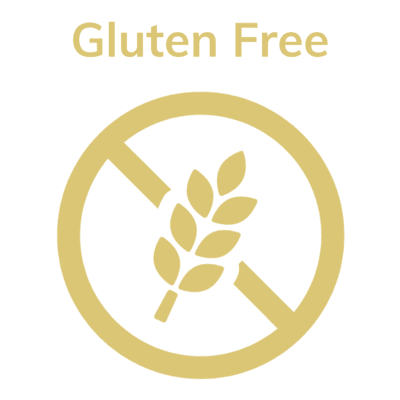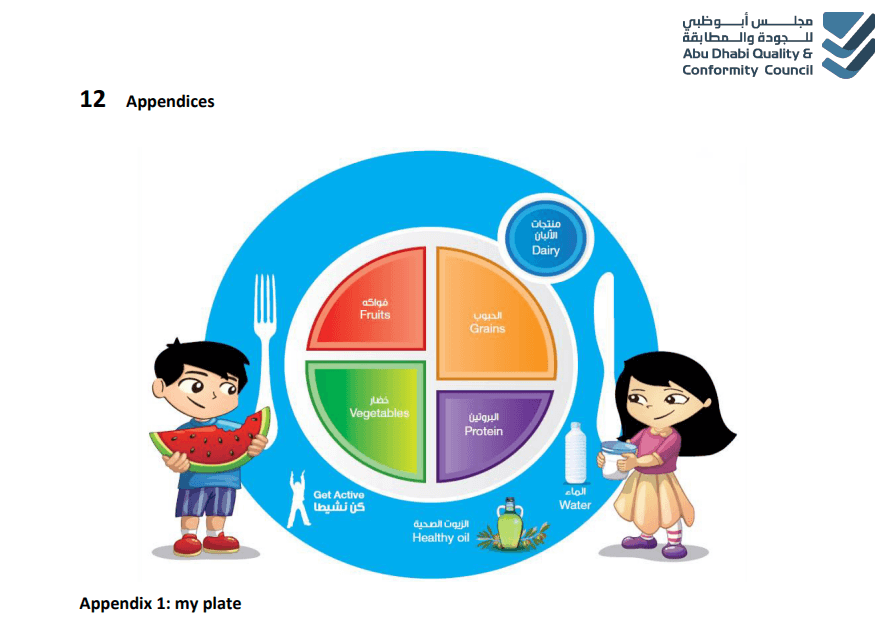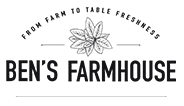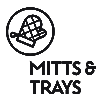Gluten Free Recipe Creation for Restaurants

With increasing awareness about health and fitness, different varieties of diets are being followed. It becomes mandatory for the restaurants to provide what customers demand for. Keto diet, gluten free diet, low carbohydrate diet, high protein diet are some of the diets which has created a new rage in food industry. Providing these diet foods with restaurant taste is a challenge. Lets understand the how can we provide taste and health in gluten free diet
What is gluten free diet?
Gluten is a type of protein which is found in wheat, rye and barley. Some people are unable to digest gluten, hence they are advised to follow gluten free diet. Recent studies have shown weight loss benefits by following gluten free diet. However, gluten is also found in food thickeners, mixed spices, ready to eat food, oats. So, reading the food label is mandatory.
What is gluten free alternatives?
Products made of millet, buckwheat, amaranth, soya, almond, rice are considered as gluten free. Buckwheat pasta and spaghetti, rice breads, millet cakes and breads, gluten free flour are easily available in market.
Below are some of the gluten free recipes:
- Gluten free pizza:
Ingredients used: Almond flour, flaxseeds, arrowroot, baking powder, oregano, oil, salt, cheese, vegetable toppings
Nutrition fact per serving (100 gms)
Energy: 260 Kcals
Carbohydrates: 21 gms
Proteins: 6gms
Fats: 12 gms
- Gluten free bread:
Ingredients used: Almond flour, flaxseeds, arrowroot, tapioca starch, baking powder, oil, salt
Nutrition fact per serving (30 gms)
Energy: 120 kcals
Carbohydrates: 12 gms
Protein: 3 gms
Fats: 7 gms
- Gluten free roti:
Ingredients used: Rice flour, oil, salt
Nutrition facts per serving (30 gms)
Energy: 82 kcals
Carbohydrates: 15 gms
Protein: 3 gms
Fat: 1 gms
- Gluten free Pasta:
Ingredients used: Buckwheat pasta, tomato puree, onion, bell pepper, cheese, chilli flakes, oregano, salt, oil
Nutrition facts per serving (100 gms)
Energy: 85 kcals
Carbohydrates: 7.56 gms
Protein: 3 gms
Fats: 5 gms
- Gluten free Cake
Ingredients used: Sugar, potato starch, tapioca flour, sorghum flour, baking powder, flavoring agent, vegetable oil
Nutrition fact per serving(50gms)
Energy: 360 kcals
Carbohydrates: 45 gms
Protein: 0 gms
Fats: 20 gms
There are many ready to eat gluten free products available in the market which can help in making exclusive mouth-watering recipes. This is also a challenge to the industry to be creative and innovate new recipes. To summarize, gluten free recipes are not limited or difficult to make in today’s era with the options available. All we need to find is the right alternative ingredient to replace and make the recipe tasty.
We at Nutrical, can assist you with our restaurant labels to provide nutrient values of the innovative gluten free recipes
PS: Oats is gluten free. However, oats and wheat are processed in same factory, which could lead to cross contamination. Hence, oats are avoided in gluten free diet or use oats with gluten free label.
Government Partnership
Coming Soon
Frequently Asked Questions
NutriCal provides comprehensive nutritional analysis beyond calorie counts, encompassing allergens, meal types, and customized food labels. You can also effectively manage recipes, tailor menus, and generate insightful reports.
NutriCal is an online platform accessible from anywhere with an internet connection. Our services have a global reach, with a strong focus in the GCC region.
NutriCal collaborates with a diverse range of establishments, including food brands, suppliers, retail chains, and restaurants in the GCC.
Absolutely! NutriCal offers a complimentary trial period. Reach out to us to initiate your trial experience on our platform.
For detailed pricing information, please get in touch with our dedicated sales team. Our pricing plans are flexible and tailored to suit your specific business requirements.
We provide both monthly and annual subscription plans, granting you the choice to select the payment option that aligns best with your preferences.
NutriCal allows seamless integration of missing ingredients through credible data sources, ensuring a complete and personalized database.
NutriCal's data originates from reputable sources such as USDA and undergoes rigorous theoretical analysis, ensuring utmost precision in nutritional calculations.


















